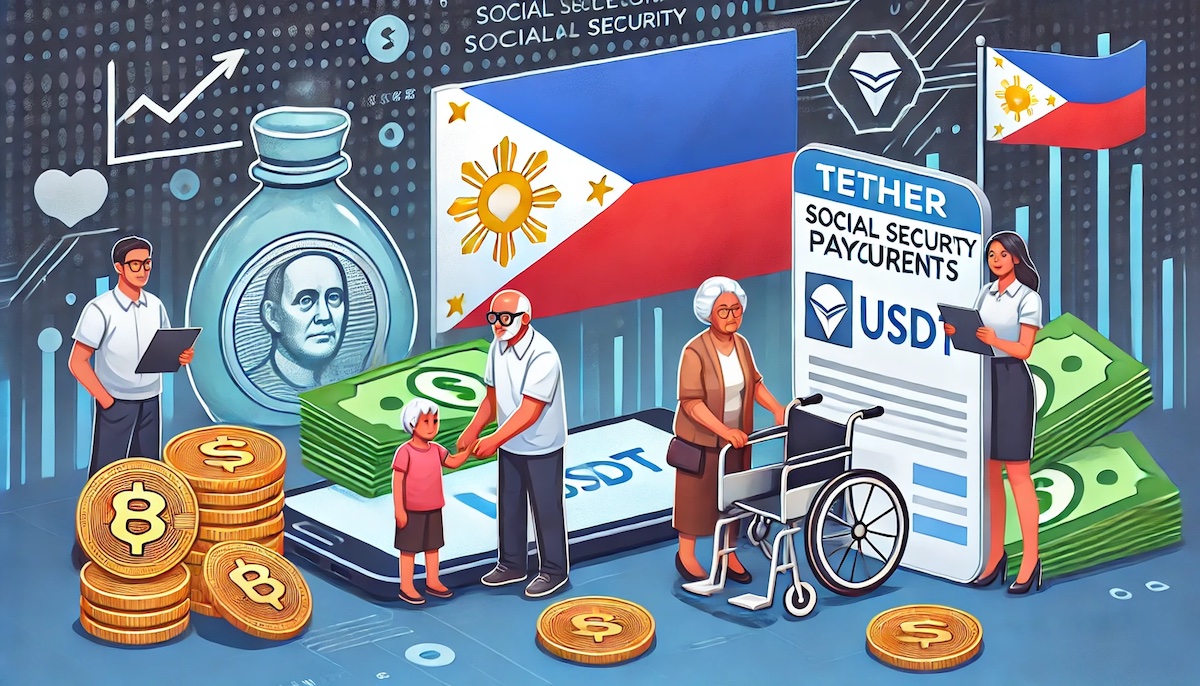
In a groundbreaking move, Tether, the world’s largest stablecoin issuer, has collaborated with the Philippines’ Social Security System (SSS) to integrate cryptocurrency as a viable payment option for social security contributions. This initiative marks a significant advancement in the utilization of digital currencies in governmental operations.
Social Security System in the Philippines
The Social Security System in the Philippines is a government-mandated program designed to provide financial security to citizens in various sectors, including official, informal, and private employment. The program’s main aim is to support citizens during challenging times through its comprehensive social security and employee compensation schemes.
Through a partnership with Uquid, a Web3 shopping and infrastructure firm, Tether has enabled the payment of SSS contributions using USDT on The Open Network blockchain. This partnership underscores the potential of stablecoins and cryptocurrencies to streamline and enhance everyday financial transactions.
Uquid’s Contribution to Decentralized Commerce
Uquid has been at the forefront of integrating blockchain technology with decentralized commerce. By supporting crypto payments across various markets, Uquid helps bridge the gap between digital currencies and daily transactions. This collaboration with Tether is a testament to Uquid’s commitment to fostering accessibility and convenience in digital shopping through the use of crypto micropayments.
The integration of USDT for government payments in the Philippines reflects the broader trend of increasing stablecoin adoption globally. Initially used as on-ramp tools for exchanges, stablecoins have become pivotal in providing liquidity for both centralized and decentralized financial systems.
Perspective on Stablecoins
Major platforms like PayPal have ventured into the stablecoin arena with the introduction of PayPal USD, while Ripple plans to launch its stablecoin in early 2025. These developments highlight the growing institutional interest in using stablecoins for cross-border payments and other financial applications.
The adoption of USDT for social security payments in the Philippines could serve as a model for other countries exploring the integration of digital currencies into governmental frameworks. This move not only facilitates easier and potentially more efficient transactions but also positions the Philippines as a leader in embracing blockchain technology for public administration.
As stablecoins continue to gain mainstream traction, their integration into public systems could accelerate, offering new opportunities for enhancing financial inclusion and simplifying governmental procedures. The success of Tether’s initiative in the Philippines could inspire similar implementations worldwide, significantly impacting how governments interact with digital currencies.
The collaboration between Tether and the Philippine Social Security System represents a significant milestone in the convergence of cryptocurrency with traditional government operations. As the world moves towards more digital solutions, such partnerships are pivotal in shaping a future where digital currencies are integral to daily life and governmental functions.
Featured image credit: DALL-E by ChatGPT
